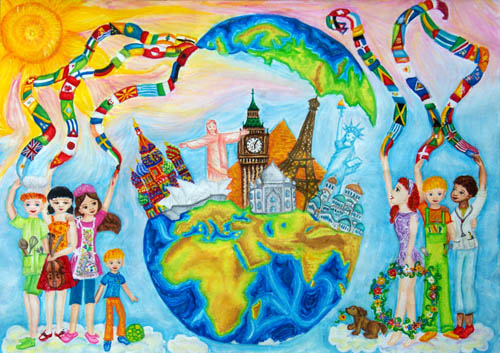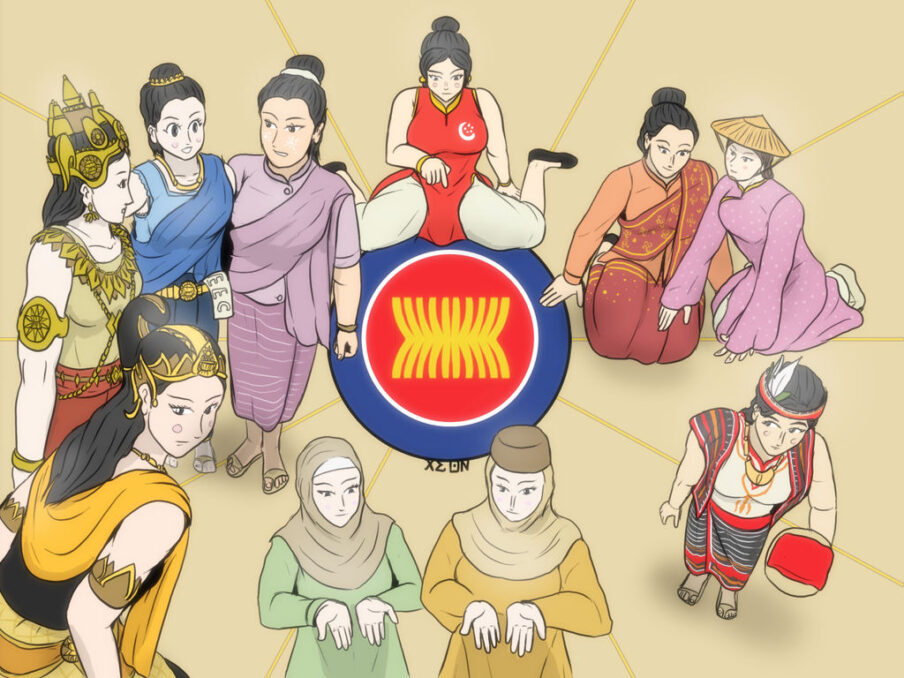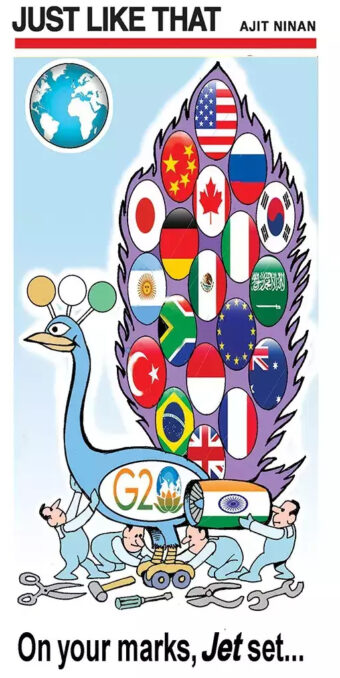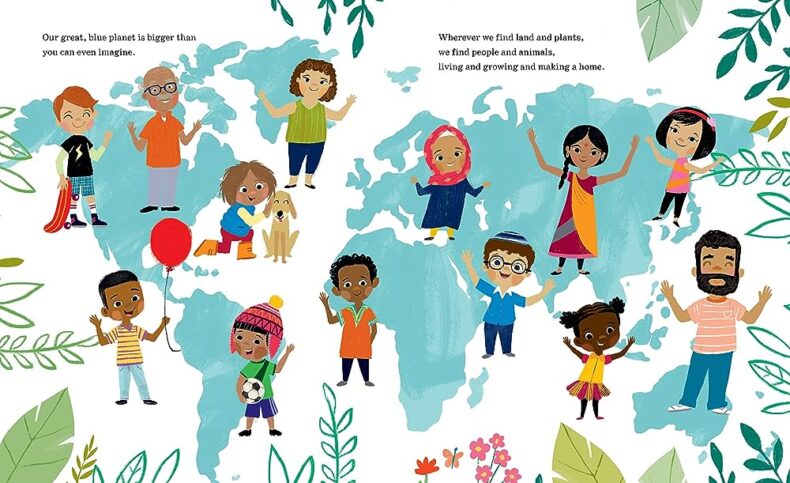The members states of ASEAN will be meeting in Jakarta, Indonesia on 5th September 2024 in an ongoing summit, three days prior to the G20 Summit in Delhi. The absence of US President Joe Biden from the ASEAN Summit and presence in Delhi might be suggestive of an increasing recognition of India’s role in the developing of the New World Order. However, Prime Minister Modi will be visiting Jakarta for the ASEAN Summit on 6-7th September, one day prior to the G20 Summit in Delhi.

What is ASEAN?

The Association of the Southeast Asian Nations was formed on August 8, 1987 with the signing of the Bangkok Declaration in Thailand by Indonesia, Malaysia, Singapore, Philippines and Thailand. The association was later joined by Brunei Darussalam, Lao PDR, Myanmar, Cambodia and Vietnam increasing the membership to 10.
The ASEAN Charter asserts the grouping’s vision of “ One Vision, One Identity, One Community”. Being a regional grouping it emphasizes on the value of economic, political and social cultural harmony.
Though ASEAN remains a strong regional grouping with a close knit membership, it has been witnessing divisiveness among its member states on the two strategic issues that concern their stability the most- China’s presence in the South China Sea and the military junta’s takeover in Myanmar.
While it remains critical of China’s overarching position in the region, it also finds itself giving China the position of its largest trade partner. Though, it has attempted to balance its economic proximity with China through its military cooperation with the USA.
What is G20?

The Group of 20 is a grouping of 20 member states which includes Argentina, Australia, Brazil, Canada, China, France, Germany, India, Indonesia, Italy, Japan, Republic of Korea, Mexico, Russia, Saudi Arabia, South Africa, Türkiye, United Kingdom and United States and the European Union. These countries represent 85% of global GDP, 75% of global trade and 2/3rd of the world’s population.
Founded in 1999 in the wake of Asian Financial Crisis as a forum for Finance Ministers and Central Bank Governors, it was upgraded to a premier forum for international economic cooperation in 2008 inviting the Heads of States and Governments to discuss issues of trade, sustainable development, agriculture, energy, health, environment, climate change and anti-corruption.
The upcoming G20 Summit being hosted by India will be focusing on inclusive and sustainable growth, global trading system and access to digital infrastructure. India has has also invited members states of Bangladesh, Mauritius, Egypt, Netherlands, Nigeria, Oman, Singapore, Spain and UAE.
The Global Significance of ASEAN and G20
The comparative analysis between ASEAN and G20 though might seem unfair given the scope and size of both the international groupings, the global scenario and membership of these groups make it important.
The ASEAN is more protected in comparison to the G20 which is more open and flexible in its approach. Secondly, ASEAN is a regional grouping whereas G20 is more of an economic grouping.
However, the participation of the United States and China in both these groupings make them significant as their proximity to these nations signify the tilt and attitude of the major global players in the international narrative. As experts have suggested, the absence of US President Joe Biden from the ASEAN Summit may become symbolic of the rising irrelevance of ASEAN.
G20 then becomes an inclusive platform for countries of the Global South and the West bringing emerging economies of the world with the developed economies to contribute towards least developed nations. With inclusion of African Union as a member on the G20 agenda, this vision of the grouping gets further strengthened,
While globally several regions remain in disarray, the Russia-Ukraine war, coups in Africa, junta in Myanmar and continuance of instability in the Middle East coupled with an increase in symbolic gestures of power grasp, platforms of G20 and ASEAN provide leaders with an opportunity to discuss and realize the multidimensional effect of domestic events on the global narrative and vice verse.
In this context, one must assert that in a developing narrative of geopolitical relations in today’s world, concentric circles of regional alliances within broader circles of economic cooperation can help the world achieve a globally developed vision in a more cohesive and integrated manner while realizing the vision of Vasudhaiva Kutumbhakam.













